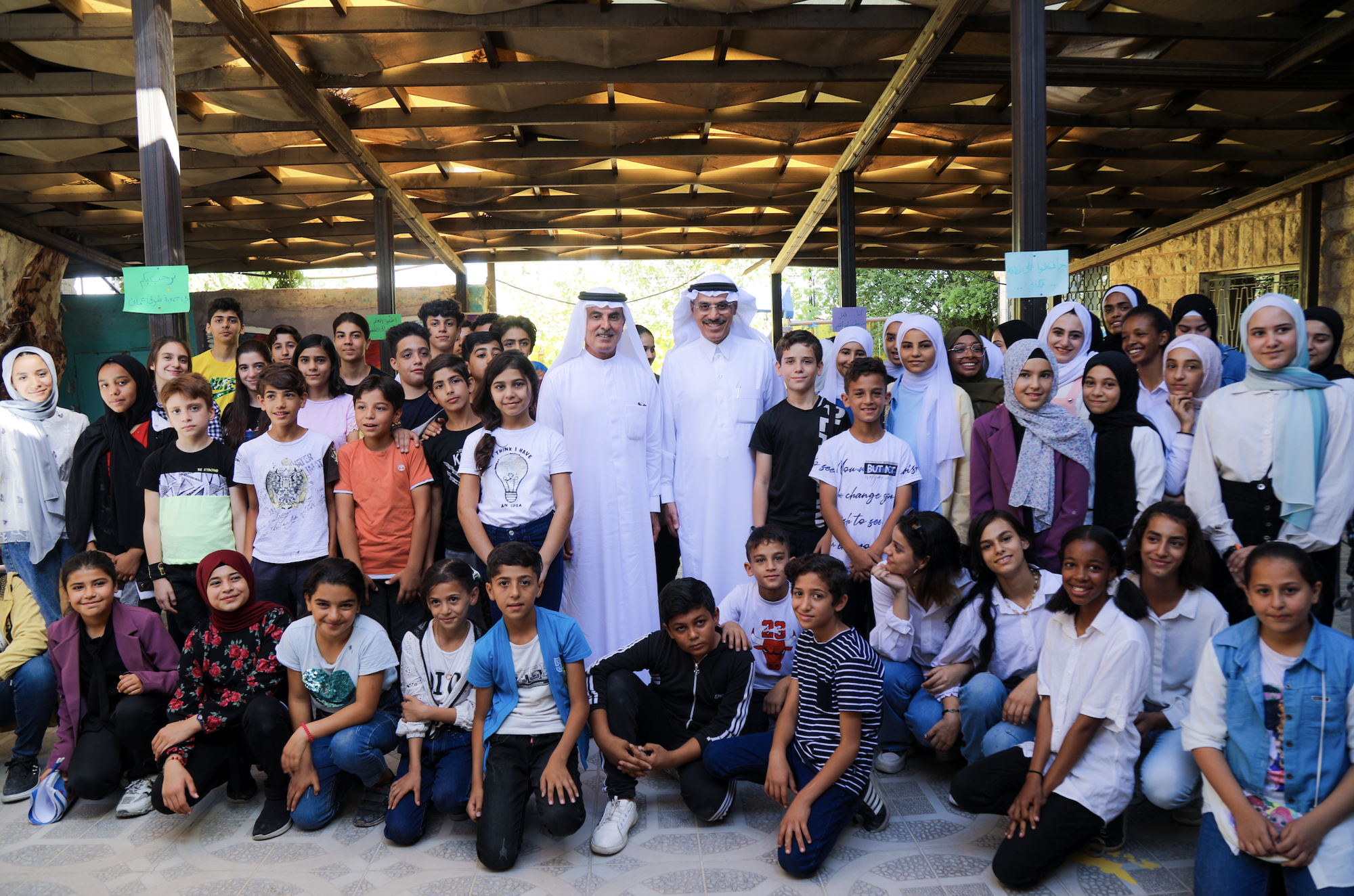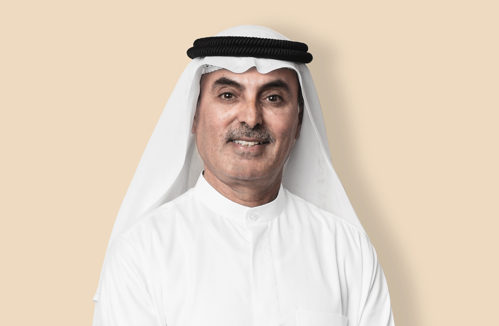We all know that there is no shortage of gloomy statistics highlighting the well-being of millions of people hangs in the balance as they struggle to survive. We know they wish to have a prosperous future just like us. When we see vulnerable youth in other parts of the world as part of our own extended community, it simply becomes our core duty to come together to mobilise resources and develop a solution that will empower these young people and help them to secure a better future.
The world is calling for action at a global scale and it's really our duty to act with urgency and with purpose to address the pressing issues of our time. Together we can build a practical solution that will help us create a better future for our youth and community.
At the Abdulla Al Ghurair Foundation (AGF), we follow eight steps:
- Set the vision and strategy. What sets apart successful philanthropy is a clear and compelling vision tied to explicit goals that are focussed and offer us a direction.
- Decide why it matters to you and where you want to help. I focus my personal philanthropy in education because I believe that it is the greatest tool that helps young people strive for a better future. When I decided to focus on education, I asked for evidence where I could make the most impact to help the most in need. Of course, everyone should have the right to education. To work, to live, with dignity.
- Ensure there is good governance and accountability. Good governance and accountability are the cornerstone of my philanthropic success. We tie our strategy to goals and targets and promote transparency upholding sustainable impact. Our partners continuously evaluate interventions to achieve positive results and our teams check on the local progress and are not afraid to make necessary changes as and when needed. This holds us accountable to the Islamic principle and the people we aim to help. It is our duty.
- Set the funding and make it official. In the past, Islamic philanthropy led to a more charitable approach, where giving was done in a private sphere. But today, we need more transparent measures to allow for accountability and to make sure that it is properly established so it can have long-term success. It is important to register an organisation with a clear purpose in mind and determine the scope of the kind of Islamic philanthropy, ensuring perimeters are in place and Sharia compliant, and making decisions on purpose, not by default.
- Have a professional team manage your philanthropy. You cannot do it all by yourself. Make sure you have professionals running the philanthropy and stay connected to them. When I launched the Abdul Aziz Al Ghurair Refugee Education Fund, I was confident that my professional team would leverage the funds. The collaborative approach including co-financing more than double the amount for the programmes we support.
- Set aside your time to make the venture a success. If you give the funding, you need to give your time. I don't want to just donate money and hope for the best. I devote my time, my knowledge, my network, my influence when, where and how I can help to make a difference.
- Get involved and visit projects - and be present when you visit. These are real people with real stories and real struggles, and are the reason that we do what we do. When you visit with your presence, look around and listen. Ask questions and engage with the human element for your good giving. My favourite moment on my last visit to Jordan was when I went to visit a partner unannounced with my daughter, who posed as a student. They did not know who we were. We were given a tour by the programme officer, who was kind and considerate. She mentioned the significance of how the Refugee Education Fund impacted her personal life, and she shared that she hoped one day she can help someone the way she has been helped.
- And lastly, share your impact and learning to inspire other philanthropies. I share this with you because we need to appreciate the idea we can together do better. It's about making a bigger impact to achieve a better result for the most vulnerable.


 Abdul Aziz Al Ghurair is the chairman of the Abdulla Al Ghurair Foundation, founded in 2015 to support education opportunities for Arab youth. He supports refugee education through his own personal fund, the Abdul Aziz Al Ghurair Refugee Education Fund, founded in 2018, and has also contributed to the Global Muslim Philanthropy Fund for Children (GMPFC), which was launched in 2019 by UNICEF and the Islamic Development Bank (IsDB).
Abdul Aziz Al Ghurair is the chairman of the Abdulla Al Ghurair Foundation, founded in 2015 to support education opportunities for Arab youth. He supports refugee education through his own personal fund, the Abdul Aziz Al Ghurair Refugee Education Fund, founded in 2018, and has also contributed to the Global Muslim Philanthropy Fund for Children (GMPFC), which was launched in 2019 by UNICEF and the Islamic Development Bank (IsDB).